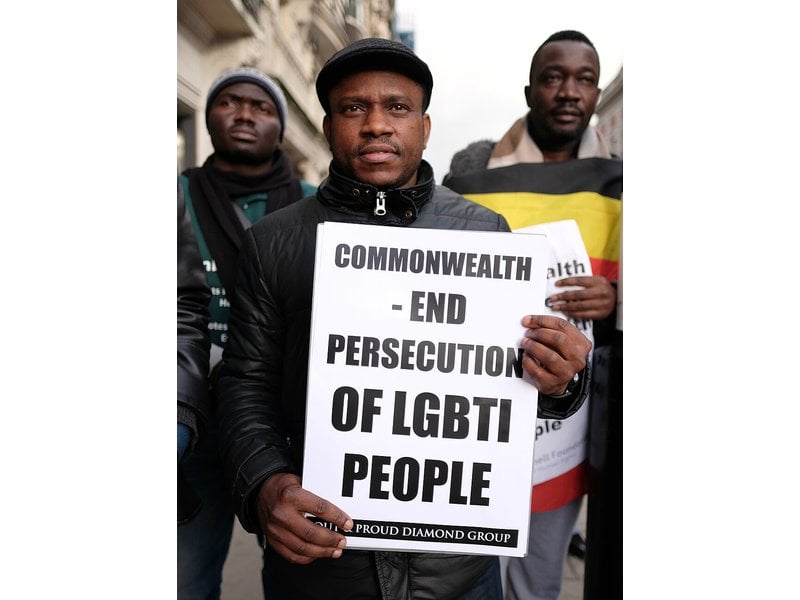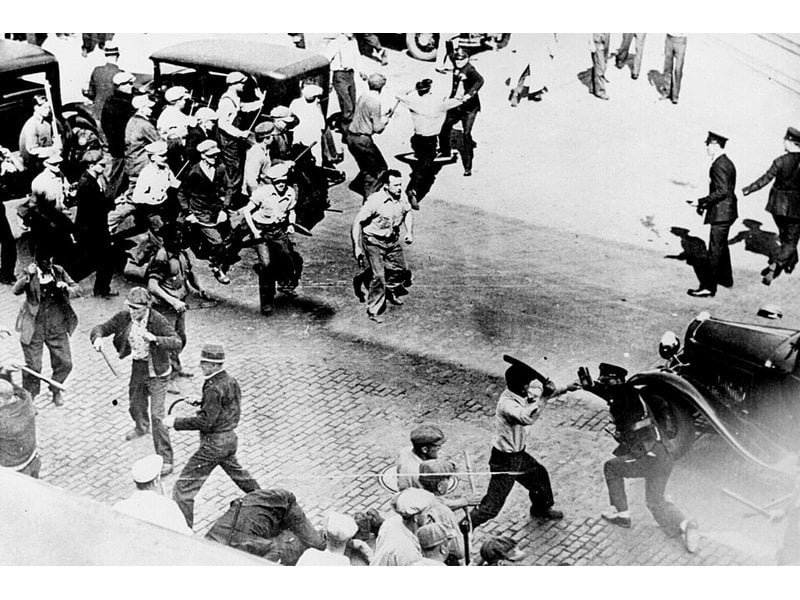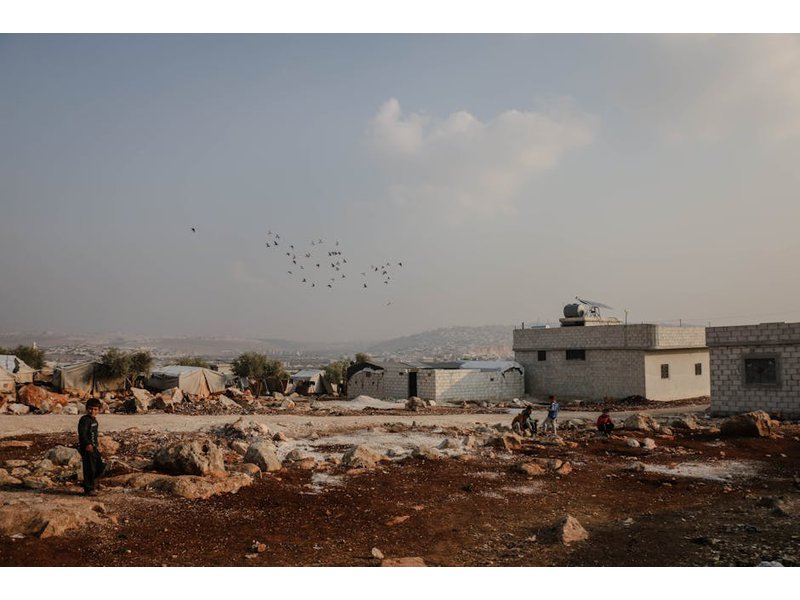133 reluctant and slow compliance

"Where opponents of regimes or policies do not feel able to resist unconditionally, they may at certain points postpone compliance as long as possible, finally complying with a marked lack of enthusiasm and thoroughness. Thus, while not entirely blocked, the ability of the regime to carry out its will may be slowed and somewhat limited. In East Germany, for example, when so-called voluntary plans for the collectivization of agriculture were announced by Walter Ulbricht in July 1952, opposition by farmers was expressed not only by thousands of emigrations to the West, but also by a widespread disinclination to join the new cooperatives. “Party speakers organized ‘foundation meetings’ in every village. Generally these functions were ignored or sparsely attended; often the speakers were shouted down; sometimes they were forced to withdraw in haste.”"...
Potentially awesome partners

Potentially problematic matches
High scoring campaigns using this method
Historical cases from the Nonviolent Action Database that used this method
Brightlingsea residents end the exportation of live animals through their town (Battle of Brightlingsea), 1995
The exportation of live animals had been a subject of great debate in Britain during the early 1990’s. Britain’s harbors were being utilized to transport live sheep, cattle, and veal calves across Europe, but there were few laws protecting the rights...
German citizens defend democracy against Kapp Putsch, 1920
In March 1920, Walther von Lüttwitz, a commanding general in the German army, and Wolfgang Kapp, a German provincial official (with the help of a few other German officials, such as Chief of Staff, General Hans von Seeckt and his collaborators in the...
Sarayaku people successfully defend their land against oil extraction, Ecuador, 1996-2012
On 6 August 1996, Argentinean General Fuel Company, also known as Compañía General de Combustibles (CGC), signed a contract with the Ministry of Energy and Mines in Ecuador without consultation of Kichwa natives of Sarayaku. The contract allowed CGC ...
Congolese win independence from the Belgian Empire, 1959-60
In the 1950s, revolution was brewing in the Belgian Congo. Africans living in colonized countries felt the winds of change swirling as their mother countries in Europe struggled to stand back up after suffering often devastating defeats in World War ...
Low scoring campaigns using this method
Historical cases from the Nonviolent Action Database that used this method




